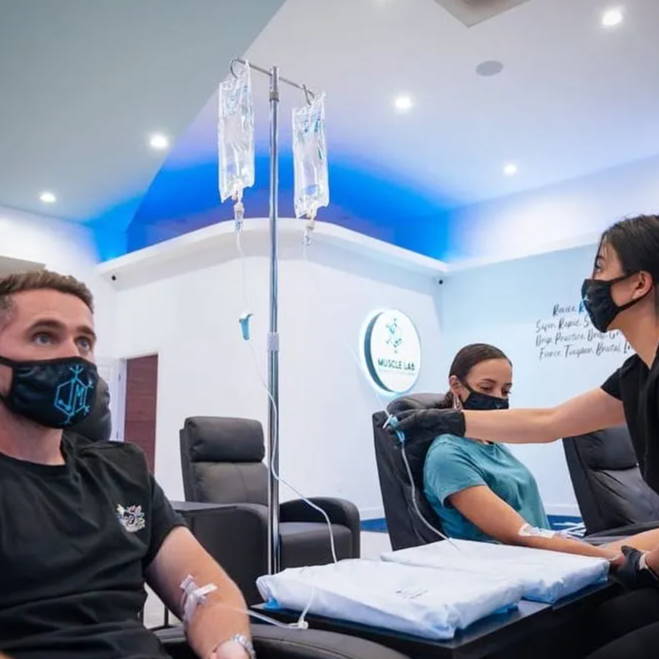Botox has gone from a primarily unregulated treatment to a highly-regulated one in just the past few years. If you’re beginning your journey into the world of aesthetic medicine, you must have already heard about Botox certification. You must have also alraedy made up your mind about whether or not to pursue certification for yourself.
Some people may think that since Botox has become so widely used, certification isn’t even necessary. After all, how hard can it be to administer a simple injection correctly?
If you’re thinking about skipping certification and continuing your practice without it, here are eight reasons to reconsider.
The Big Picture: Laws and Regulations Governing Botox
There has been a seismic shift in the regulatory landscape surrounding Botox certification in recent years.
Expanding Your Business and Earning More Money: Certification and Licensure
According to reports, the botulinum toxin market size exceeded $3.5 billion in 2020 and is poised to grow at over 5.9 percent CAGR between 2021 to 2027.
While it’s true that in states where licensure is not required for non-surgical injectors, certification can still be beneficial when it comes to expanding your client base, it’s also true that the majority of states now require licensure for aesthetic medicine.
Licensure not only gives you a competitive edge when it comes to marketing and earning more money, but it will give you peace of mind knowing that your state covers you should anything go wrong.
Not Being Taken Seriously: Certification and the FDA
The US Food and Drug Administration (FDA) regulates several injectable treatments, including Botox. If you want to be taken seriously by regulatory bodies at any level, it’s essential to show that you have a certain level of expertise.
The New Recertification Rules: No More Expired Certifications
The FDA has tightened down on recertifying before expiration dates. This means that you will be compelled to stay on top of your game by learning new information and techniques.
Regulatory Boards and the Regulatory Burden: Time to Get Serious
Of course, it’s always been important for physicians to stay up-to-date on the latest information regarding the proper dosage and administration of Botox; however, today, that burden has shifted from regulatory boards looking over the shoulders of educational institutions.
As non-physician injectors are shut down due to a lack of experience or training, more individuals seek certification.
More Options for Certification
Just as the regulatory landscape surrounding Botox is constantly evolving, so are the options available when it comes to taking a Botox certification course. There has been an increase in courses designed to teach non-physician injectors about proper dosage, treatment, and administration.
The Right Certification for You
There are so many certification options available in the aesthetic medicine industry today that it may seem daunting when you try to pick which one is right for you. For example, there are different training methods and different focuses of courses.
A Reputation for Excellence: Certification and Your Practice
When it comes to maintaining a reputation as a practice with excellent training, certification from an independent company is always preferable to any mention of affiliation with a brand name.
In the end, you want your patients to know that a reputable organization has adequately trained you, not just that you have the brand name.
Tips to Choose the Right Botox Certification
Since there are several things to look for when choosing the proper certification. This list of 6 questions to ask yourself before you sign up for any course can help you make an informed decision.
It will help ensure that you end up with a comprehensive certification that will set you apart from other injectors.
- What is the company’s reputation in the industry? Are they well-known or new to the game?
- How long has the certification been around? Is this their first attempt, or are they actively involved in training physicians and non-physicians alike?
- Will the course be based on evidence-based medicine or the practices of one injector?
- What does their syllabus look like? Is it relevant to what you do, or is it out of date and based on old practices?
- What do they say about continuing education? Will this certification be suitable for a year, only a few months, or will the certificate expire before you even get the chance to use it?
- What is their faculty like? Are they involved in research and education at larger institutions even if they don’t work there full-time?
With all of these questions, you should find a course that will help you grow in your practice and ensure that you are offering the best possible patient care.
Image Source: BigStockPhoto.com (Licensed)
Related Categories: Education, Reviews, Work







